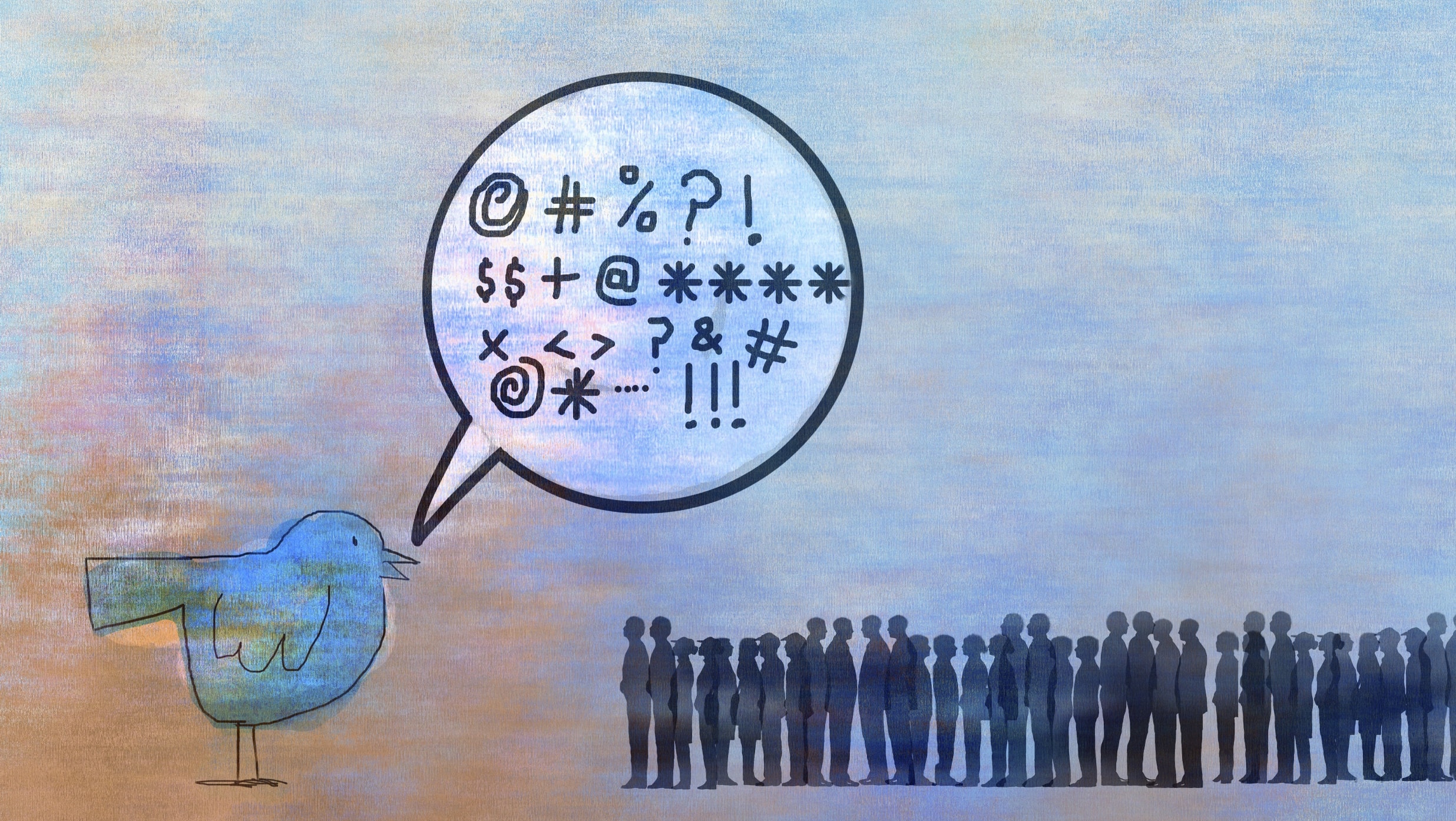The UK government has precipitated a shift towards “public academia” and the impact agenda, through the Research Excellence Framework (REF) and Research Councils’ (UKRI) funding criteria.
Academics are therefore increasingly encouraged to maintain a public profile to disseminate work through traditional and social media. Despite a growing tendency towards objectified metricisation, public engagement can have important activist potential for radical knowledge production, but only if all voices are able to participate on equal, safe terms.
Drawing on data from 85 survey responses and 13 in-depth interviews with academics across disciplines, our findings show that the risks of visibility are unevenly distributed in ways that exacerbate harm to already marginalised groups. The harms that respondents and interviewees reported included outright abuse and threats to academics and their families including rape and death threats, “stoked and coordinated” twitter pile-ons, abusive mail and emails, phone tapping, hacking, doxxing, stalking, calls for resignation, and targeted harassment at workplaces and around academics’ homes.
Abuse was not experienced equally. We found that visibility exposes academics to the kinds of online misogyny, racism, ableism, classism, homophobia, transphobia, ageism, xenophobia, and fatphobia that characterise cultures of online hate.
Unsupported
Many institutions pride themselves on their Equality, Diversity and Inclusion task forces, and their performance against benchmarks set by sector charters like Athena Swan and the Race Equality Charter. However, academics from marginalised backgrounds are left unsupported while dealing with digital hate.
Seventy-four per cent of our survey respondents had experienced online harms as a result of sharing research online. Despite the fact that media training and skills development for knowledge exchange are common, every single one of our participants said they didn’t have training on how to deal with backlash. And ninety per cent said their institution didn’t effectively prepare staff for the risks and challenges of having a public profile.
The growing pressure upon academics to do public engagement work in the absence of support is therefore an EDI issue.
Academics are suffering
Our data on the severity of these experiences on academics is shocking. It has a massive impact on victims not only professionally, but spilling into their personal lives, health and wellbeing. Respondents reported hospitalisations, suicidal ideation, anxiety, depression, PTSD and other mental and physical health issues leading to long term sick leave, having to leave their job or move house, breakdowns in personal relationships, lack of self-confidence, fear for personal safety, and impact upon their children or wider families. As one participant said:
I have been traumatised and re-traumatised.
We asked participants if the abuse to which they were subject related to personal characteristics. One responded:
I’m a plus-sized, female immigrant who talks about vaccine-related topics. What do you think?
Many participants reported threats of violence based around personal characteristics. One academic said the threats are
explicitly racist, they are explicitly misogynist and they are, a great many of them, very violent both in language and in purported action that the person will take.
Another said:
threatening violence but in a very gendered way, along the lines of witch burning and burning her at the stake, this kind of thing.
One cis-woman was told:
How I should get back into the kitchen.
The domestic sphere is evoked to drive women out of the public sphere, alongside an evaluation of women’s worth, not in their contribution to public discourse, but in domestic service. While cis-women were told to “get back” into the home, trans scholars reported abuse which centered on their unsuitability to the domestic sphere:
I suddenly got all this shit about ‘you’re trans, you should have your child taken off you’.
The abuse often drew on inflammatory, exclusionary discourses within wider society, for instance, playing on the xenophobic, racist, post-Brexit fear-mongering around immigration:
abuse about, ‘oh you go back to your country’, all that sort of thing… just because that person does not look white
Another respondent added that they felt at risk because of “having a nationality which is foreign to the country I research”, suggesting that the ‘outsider’ status of immigrants – inflamed in political rhetoric – impacts upon academics’ ability to research international spaces.
Our respondents reported that disability and neurodivergence made them targets for online abuse. A neurodivergent respondent reported receiving online abuse “for being autistic”. One disabled scholar reported that she has:
received threats because [she is] a disabled woman
while another received “slurs relating to disability”.
What can universities do?
This is a matter of national urgency as set out by a report from the Culture, Media and Sport Sub-committee on Online Harms and Disinformation inquiry into Misinformation and Trusted Voices for which Yelin and Clancy provided evidence and which found that social media had enabled the spread of online hoaxes and conspiracies, which affected other issues such as climate change, 5G, and the integrity of elections, and examined whether the Government can work more closely with academia in order to ensure the distribution of reliable information.
Universities subscribe to Athena Swan and the Race Equality Charter to work towards workplace equality, yet digital abuse is targeting marginalised academics unchecked. Our data challenges popular notions that visibility is its own reward, and demonstrates the need for the following shifts in approach which would bring much needed nuance to the turn towards impact and public engagement:
- Digital hate must be treated and resourced as an issue of equality, diversity and inclusion.
- Digital hate needs to be treated as seriously as any other workplace health and safety concern, with fully-resourced policies, protocols and support services proactively in place before issues arise.
- Institutions should offer training for all staff involved in ushering academics into the spotlight to understand the varied risks of public engagement. These staff should be fully resourced to be able to offer academics the support required, for instance, out of hours emergency advice services, and mental health support.
- Institutions must recognise the time requirements of additional safety labour for those most likely to be affected by digital hate – doing public engagement is not a universal experience.
For more information about our research, including an executive summary and guidelines for the sector, see our website
We are developing training and guidance for organisations to provide better support for academics in the public eye. If you are a Press Officer, Research Director, Impact and Engagement Officer, member of university management, work for a funding body, or other HE sector organisations, please complete our survey on your experiences of supporting academics in the public eye. Sign up here.













